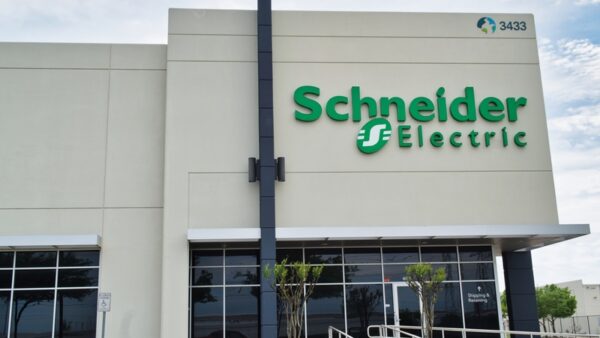US engineer Aecom, recently awarded a contract to deliver a $1bn electric vehicle factory for Chinese firm Faraday Future in Nevada, has warned that work could stop if an overdue deposit of $21m is not paid, raising questions about Faraday’s financial situation.
Detroit newspaper Automotive News obtained a copy of a letter sent by Robert Gay, vice president and project executive at Aecom, which refers to a $21m deposit that was due to be paid in September to cover material costs and subcontractors’ fees.
The letter gives Faraday 10 days to “fully fund” the subcontractors’ escrow account or face a work stoppage until the matter is resolved.
The letter also notes that payments of $25m will fall due in October and $12m in November.
“Aecom management views these deposits as a critical metric to project financial security and maintaining confidence and credibility with our project subcontractors and suppliers,” the letter said.
Faraday also owes a $75m performance bond to the state of Nevada. This will allow the state of Nevada to issue its own bonds to pay for infrastructure around the site, including roads, water lines, electric connections and sewer pipes.
Approached for comment by Automotive News, Aecom and Faraday issued a joint response confirming their commitment to work together. “The business relationship between Faraday Future and Aecom is strong and we remain committed to building our factory of the future in North Las Vegas,” it said.
The factory will be built in North Las Vegas on a 3.6 square kilometre site. It will have a floor area of 280,000 square metres. Work began on preparing the site in April, and the construction of the actual building will begin early next year.
A number of financial commentators have questioned the soundness of Faraday’s funding model.
Faraday’s main financial backer is billionaire Jia Yueting, a media mogul in China.
Dan Schwartz, Nevada’s state treasurer, pointed out in the Clean Technica website that Jia’s finances depend on the value of shares in his Leshi Internet Trading & Technology, as 87% of them have been used as collateral for loans.
According to Clean Technica, trading in Leshi was halted in Shenzhen for the first five months of 2016, and fell 11% when trading resumed in June. Schwartz said: “[Jia’s] Internet company is successful, but that doesn’t generate the billions of dollars he’d need. Where’s he going to get the money?”
Image: Faraday plans to produce its first vehicle next year










